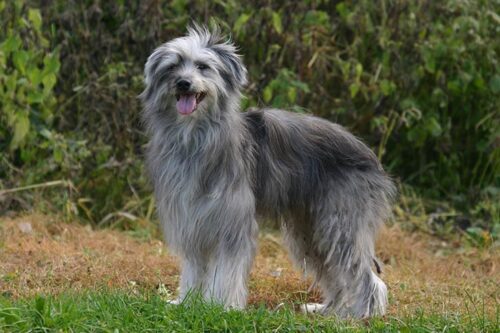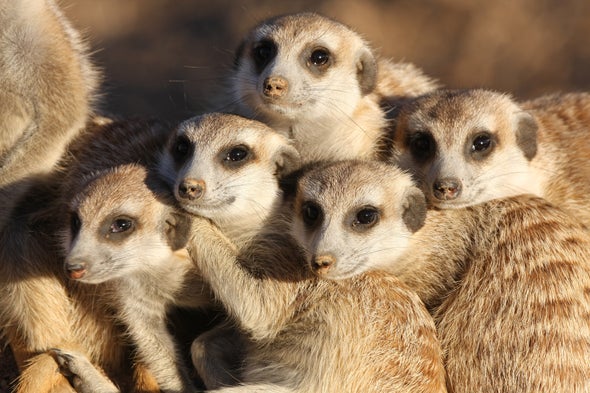Polish Lowland Sheepdog
INTRODUCTION
Polish Lowland Sheepdogs are Confident, Clever, and Lively dogs they are from the Herding group. The PON is a muscular, thick-coated dog. The double coat can be of any color or pattern; white, gray, and brown are most common, with black, gray, or brown markings. It is common for colors to fade as the dogs reach adulthood. According to the AKC Breed Popularity, they rank #169.
- AVG. READING TIME: 5 MINUTES
- UPDATE: 11/04/2022
HABITAT : Urban areas, including buildings, parks, and gardens
TEMPERAMENT : Perceptive, Self-confidence, Even Tempered, Intelligent, Lively, Agile
HYPOALLERGENIC : No
BREED GROUP / TYPE : Group: Herding. Type: Purebred
SOCIAL UNIT : Family
LOCATIONS : Poland
STATUS / POPULATION : DATA DEFICIENT (IUCN) Not a threat category, Population, and distribution data is insufficient for assessment
MAMMALS: DOGS AND RELATIVES – CANIDAE
KEY FACTS
SCIENTIFIC CLASSIFICATION
Kingdom – Animalia
Phylum – Chordate
Class – Mammals
Order – Carnivora
Family – Canidae
Genus – Canis
Genus Species – Canis lupus familiaris
INTERESTING FACTS
1- They Gained Popularity Because of Nationalism
2- They Were Almost Wiped Out In WWII
-
CALLING NAMES / SCIENTIFIC NAME
Calling names: Polish Lowland Sheepdog (Polish: Polski Owczarek Nizinny, also PON)
Scientific name: Canis lupus -
COLOUR VARIATIONS
Black, Black & White, Tri-color, Brown, Grey, Beige
-
COAT TYPE
Double Coat
-
LIFE SPAN
12 - 15 years
-
APPROXIMATE SIZE : LENGTH / HEIGHT
Height: 21 - 25in (53 - 64cm)
Length: 25 - 30in (58 - 76cm) -
TAIL
Natural long tail, natural bob, or docked very short. If natural long, the tail should be well covered with hair and carried gaily curved over the back, never curled or lying on the back
-
WEIGHT
Male: 18 - 23 kg
Female: 14 - 18 kg -
BREEDING SEASON
Throughout the year
-
REPRODUCTION / GESTATION PERIOD
Reproduction: One or two times a year
Gestation period: 63 days -
LITTER SIZE
About 4 to 6 puppies
-
LOOK A LIKE
Scottish Bearded Collie
-
FARM ANIMAL
Yes
-
FOUNDED IN / DISCOVERED
Known in its present form in Poland from at least the thirteenth century
-
ORIGIN
Poland
-
DISTRIBUTION
Nationwide
-
OCCURRENCE
Families:
Species: -
FUEL FOR LIFE / TROPHIC LEVEL
Omnivores
-
TO HUMANS
They're highly affectionate with their human families
-
AS A PET
Recommended
-
KIDS FAVOURITE
Yes





